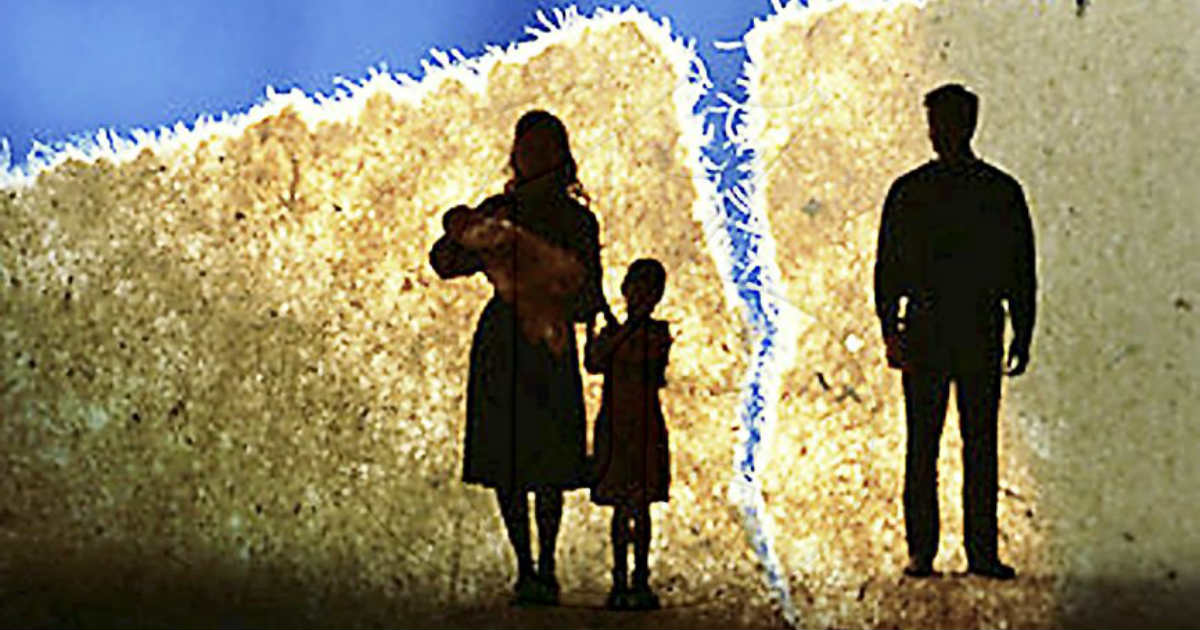
Gene of the week: divorce
If divorce is genetic, counselling has to change
Divorce does seem to run in families. Children whose parents were divorced have a higher risk of divorcing than those from stable families. The standard explanation is that the children absorbed attitudes towards marital commitment which normalised divorce for them.
So couples with rocky relationships are counselled to strengthen commitment and development weak interpersonal skills.
But all this could be a waste of time. Researchers from Virginia Commonwealth University (VCU) and Lund University in Sweden believe that there is a genetic component to divorce. In a study published in the journal Psychological Science, they claim that while biological children were more prone to divorce if their parents were divorce, this was not the case with adopted children.
“I see this as a quite significant finding. Nearly all the prior literature emphasized that divorce was transmitted across generations psychologically,” Kenneth S. Kendler, of VCU, says. “Our results contradict that, suggesting that genetic factors are more important.”
By recognizing the role that genetics plays in the intergenerational transmission of divorce, therapists may be able to better identify more appropriate targets when helping distressed couples.
“Previous studies haven't adequately controlled for or examined something else in addition to the environment that divorcing parents transmit to their children: genes,” says lead author Jessica Salvatore, of VCU. “And our study is, at present, the largest to do this. And what we find is strong, consistent evidence that genetic factors account for the intergenerational transmission of divorce. For this reason, focusing on increasing commitment or strengthening interpersonal skills may not be a particularly good use of time for a therapist working with a distressed couple.”
Creative commons
https://www.bioedge.org/images/2008images/FB_divorcepic_(1).jpg
divorce
gene of the week
- How long can you put off seeing the doctor because of lockdowns? - December 3, 2021
- House of Lords debates assisted suicide—again - October 28, 2021
- Spanish government tries to restrict conscientious objection - October 28, 2021
